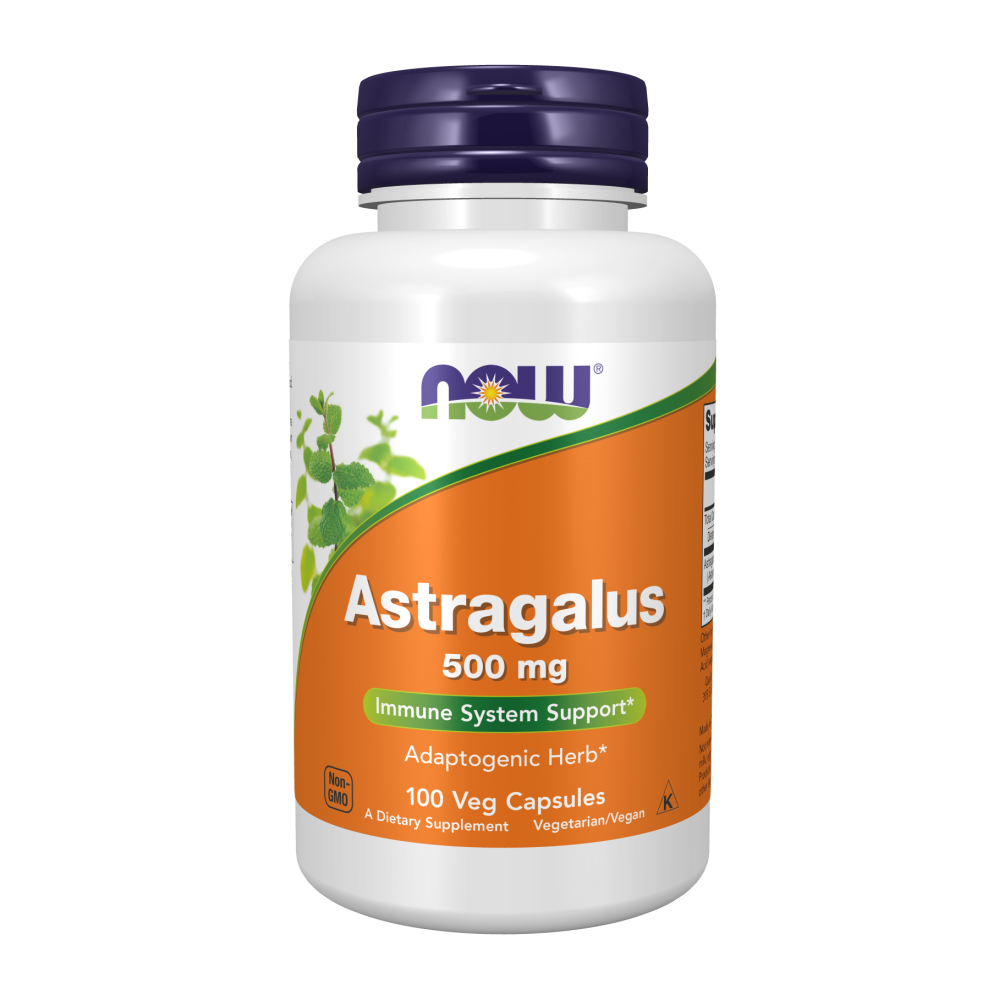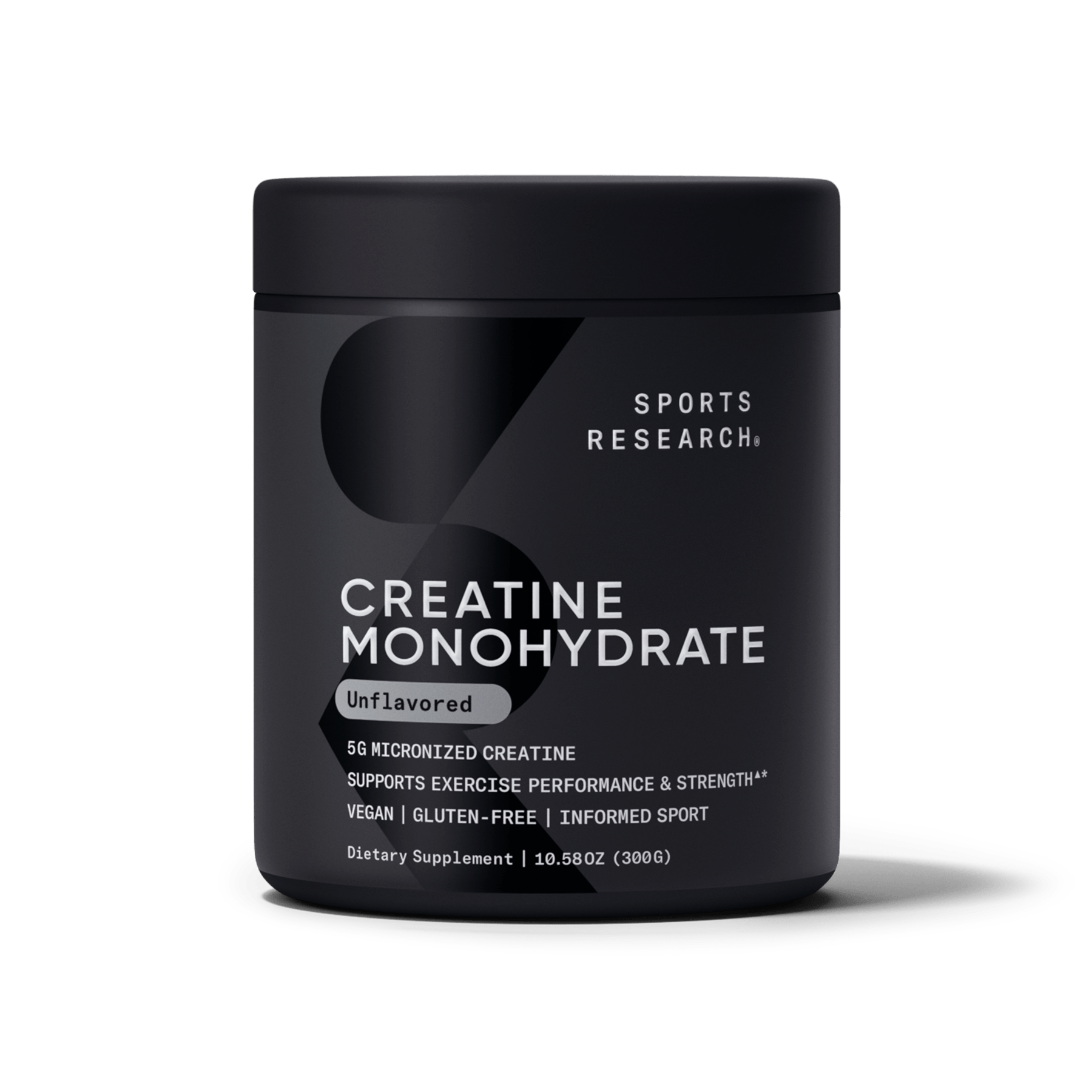
WHAT IS MAGNESIUM AND WHY IS IT SO IMPORTANT?
Magnesium is one of seven essential minerals that the body needs to function optimally. This important mineral is necessary for energy production, muscle contraction, nerve transmission, blood sugar balancing and more. There are many reasons to get more magnesium, here are our top 5.
5 REASONS TO GET MORE MAGNESIUM
1. MOST AUSTRALIANS AREN’T GETTING ENOUGH
According to the Australian Bureau of Statistics, 1 in 3 Australian's over the age of two do not meet dietary recommendations for daily magnesium intake. Climate change and other factors affecting soil quality means our food has less magnesium than it used to. So even if you eat a balanced diet it can still be difficult to get enough. This is why supplementing with magnesium is often recommended.
2. SUPPORTS BONE & MUSCLE STRENGTH
About 60% of your body’s total magnesium is stored in your bones. Magnesium is an important factor in maintaining bone mineral density, which helps keep bones strong. It has also been shown to help maintain muscle strength and integrity, particularly in athletes and older adults.
3. MAINTAINS HEALTHY BLOOD SUGARS
Magnesium plays an important role in glucose control and insulin metabolism. A 2017 systematic review showed that magnesium supplementation may help support healthy blood sugar in people with low magnesium.
4. MAINTAINS CARDIOVASCULAR HEALTH
Your heart and blood vessels contain some of the hardest working muscles in the body, pumping blood 24/7. Small muscles within your blood vessels help regulate blood pressure and control the direction of blood flow. Magnesium can help support the strength and function of these hard working muscles.
5. SUPPORTS A HEALTHY NERVOUS SYSTEM
Magnesium plays an important role in nerve signalling and transmission. This is why magnesium can play a critical role in brain function and mood regulation. Magnesium can also help relieve occasional stress and support a calm relaxed mood.
CONNECTION BETWEEN VITAMIN D AND MAGNESIUM
Magnesium and vitamin D have a complementary relationship. Vitamin D helps enhance the absorption of magnesium from the gut into circulation. In return, magnesium helps transport vitamin D in the blood and is needed to convert vitamin D into its active form.
Both magnesium and vitamin D can support immune health, nervous system function and bone strength independently. When vitamin D and magnesium are taken together, they can support each other’s actions on the body.

Solgar® Vitamin D3 Softgels: these convenient oil-based softgels contain highly absorbable vitamin D3 to help support a healthy immune system, maintain strong bones and teeth, and support nerve and muscle function.
SOURCES OF MAGNESIUM
Plants need magnesium in order to grow. In fact, magnesium is a central component of chlorophyll, the molecule responsible for photosynthesis and what makes leafy greens so green. This is why leafy green veggies are higher in magnesium. Not a fan of kale? Don’t worry, it’s in chocolate too.
FOODS HIGH IN MAGNESIUM:
- Legumes: black beans, edamame
- Leafy greens: spinach, kale
- Whole grains: oatmeal, whole wheat
- Nuts & seeds: peanuts, almonds, cashews, pumpkin seeds, chia seeds
- Others: dark chocolate, avocados
MAGNESIUM SUPPLEMENTS
The National Institute of Health recommends 310-420mg of magnesium daily for adults. Since it can be difficult to reach this target through diet alone, supplementing with magnesium can help ensure your body is getting enough.
The most common types of magnesium supplements are magnesium glycinate and magnesium citrate. Let’s take a look at the difference between them.
MAGNESIUM GLYCINATE VS CITRATE
Magnesium glycinate is formed from elemental magnesium combined with the amino acid glycine. Glycine is often used as a stand-alone supplement to support sleep and neurological function. When combined, magnesium glycinate can help support sleep quality, balance mood and maintain healthy neurological function.
Magnesium citrate is a form of magnesium bound with citric acid, which is naturally found in citrus fruits. Binding magnesium with citric acid enhances the absorption and makes this magnesium more bioavailable than other forms.
SOLGAR®’S FAVOURITE MAGNESIUM SUPPLEMENTS:

Solgar® Magnesium Citrate Tablets: these tablets contain highly-absorbable magnesium to help support bone health, heart health, muscle function and maintain cellular energy levels.
Solgar® Calcium Magnesium plus Zinc Tablets: Magnesium with Zinc compliment each other as they are both essential to the maintenance of healthy bones and teeth. They work together to help maintain a healthy immune system and good general health.
Solgar® Magnesium with Vitamin B6 Tablets: Magnesium with vitamin B6 is a complementary formula that supports nervous system health and energy metabolism. This formula contains all the benefits of magnesium with additional vitamin B6 to help alleviate occasional stress, support a calm relaxed mood and alleviate infrequent muscle spasms and leg cramps.
PUTTING IT ALL TOGETHER
Magnesium is a key factor in making your body run smoothly, particularly the heart, bones, nerves, and muscles. Unfortunately, this mineral can be hard to get. Increasing your intake of magnesium-rich foods (hello chocolate!) and considering magnesium supplementation can help ensure your body is getting enough.
KEY TAKEAWAYS:
- Magnesium is an essential mineral necessary for general health and wellbeing
- Most Australians are not getting enough magnesium
- Certain foods and supplements can help you meet daily requirements for magnesium





